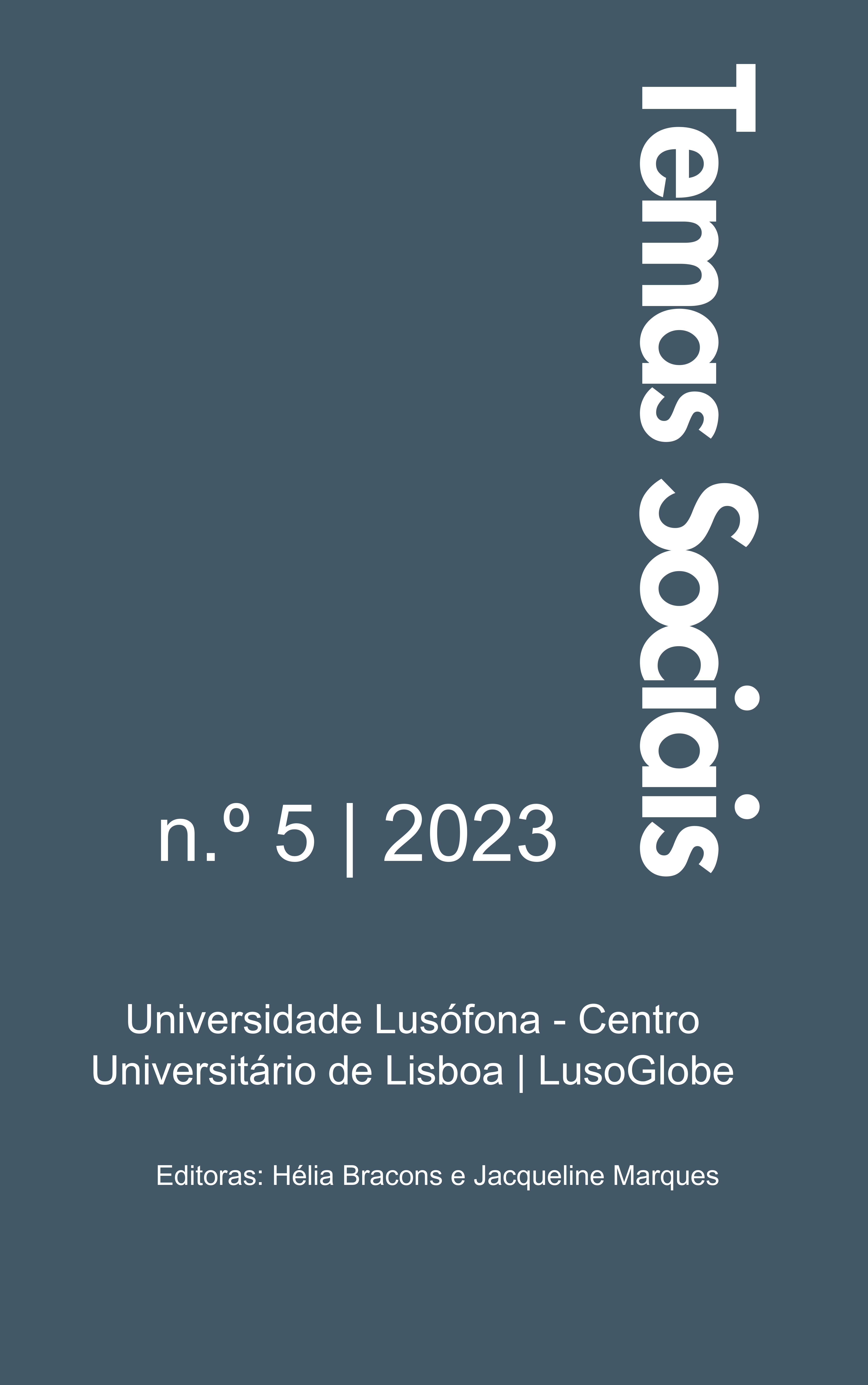O estereótipo da mulher brasileira no imaginário português: estudo de caso na cidade de Coimbra
https://doi.org/10.53809/TS_ISS_2023_n.5_46-64
Abstract
The debate on the stereotyping of Brazilian women in Portugal is of great importance, given the social damage it can cause to their lives. Brazilian women account for the highest proportion of all immigrant groups in Portugal. Unfortunately, it is not new that they are stigmatised due to their personality and physical characteristics, which in many situations influence the emergence of discrimination. With this in mind, the main aim of this research was to understand the social representation of Brazilian women in Portugal and whether there are any stereotypes linked to them. To this end, an exploratory study with descriptive characteristics was conducted, using surveys to interview the Portuguese population in Coimbra. The study found that the majority of participants believe that Brazilian women have specific personality and physical characteristics, the latter being linked to sensuality and sexuality. The majority believe that Brazilian women are linked to particular professional areas, namely prostitution and beauty. Finally, they believe there is a stereotype linked to Brazilian women that associates them with easy sex. Thus, being a Brazilian immigrant woman in Portugal means being at a complicated crossroads between different social demarcations, where prejudice, discrimination and sexism end up marking their lives.
Downloads
Open Access Policy
Temas Sociais Journal is an open access journal, providing free, immediate and unrestricted access to its contents, with the aim of promoting the circulation of scientific knowledge and academic exchange at national and international levels.
By submitting their manuscripts, authors authorize the publication, dissemination and public communication of their work within the scope of the journal, while retaining full responsibility for the content of the submitted manuscripts.
Copyright
Authors retain copyright over their works and grant Temas Sociais Journal the right to publish, reproduce, disseminate and archive the contents in digital format, in accordance with the journal’s editorial policy and open access principles.
Any reuse of published content must comply with the conditions established by the journal and with applicable copyright legislation.
Code of Ethics and Good Practices
Temas Sociais Journal is committed to the ethical principles of research and scientific publishing, promoting academic integrity, editorial transparency, and equal opportunities in access to knowledge. To this end, it adopts the following Code of Ethics and Good Practices:
-
Submitted manuscripts must be original, unpublished, and of exclusive authorship, and must not have been previously published, disseminated, or submitted to another journal.
-
Authors are responsible for obtaining all necessary permissions for the publication of their work and for properly acknowledging all sources and references used.
-
Research resulting from external funding must ensure, where applicable, authorization for the dissemination of the results.
-
All submitted manuscripts are subject to plagiarism detection, using the tool in force at the Universidade Lusófona – Centro Universitário de Lisboa.
-
Articles are evaluated by external peer reviewers with expertise in the relevant field, under a double-blind peer review system, ensuring the anonymity of both authors and reviewers throughout the process.
-
Research involving human participants must ensure informed consent, strict respect for data confidentiality, and, where applicable, approval by an Ethics Committee.
-
Authorship must reflect exclusively those individuals who have made a significant intellectual contribution to the conception and execution of the research, analysis of results, drafting of the manuscript, and approval of the final version.



